Book Review: "The Presidency in Black and White" by April Ryan
 |
| Nina Kennedy and April Ryan |
 |
| April Ryan Speaking and the Paul Weiss Diversity Networking Reception |
Ryan interviewed three former
presidents specifically for this book: Bill Clinton, George W. Bush, and Barack
Obama. She begins the book by commenting on “the current state of race
relations in this country, and more specifically among influential Washington
power players.” Chapter 1 continues with the recounting of efforts by the
Clinton Administration to issue an official government apology for slavery.
Clinton had offered previous apologies to survivors of the amoral Tuskegee
syphilis experiment¹. Ryan also shared details of the Pigford case – a lawsuit
filed during the Clinton Administration (with the settlement finally
distributed under President Obama) against the U.S. Department of Agriculture
citing racial discrimination. So there was reason to believe and hope that an
official government apology for slavery would be forthcoming. Ryan accompanied
President Clinton on his historic 6-nation trip to Africa in 1998. Throughout
the trip, and especially during the visit to the infamous Maison des Esclaves
(Slave House) on Goree Island, Ryan reveals that she and other members of the
press corps were just waiting for those two words from the POTUS: “I’m sorry.”
But unfortunately, the President was discouraged from making such a statement.
(Ryan revealed that she herself is
five generations removed from slavery. Her ancestor Joseph Dollar was sold on
the auction block in Fayetteville, North Carolina, to the Brown family.)
She gives a moving account of her
first assignment for AURN, which was coverage of a White House ceremony
honoring seven men who had come to represent the shameful treatment of all
African-American soldiers during World War II. President Clinton presented the
Medal of Honor to those seven men in the East Room of the State Floor of the
Residence. Ryan tells the story of Vernon Baker – one of the honorees – who learned
that his all-Black platoon had killed 26 Nazis, but of the 26 men with whom he
had arrived, only eight survived. Baker was nominated for a Congressional Medal
of Honor, but the necessary paperwork somehow “mysteriously” never
materialized. Years later he uncovered declassified accounts of that day’s
battle, in which he learned that his white company commander had left his own
troops to die, and had reported that the other Black soldiers had been cowards
and were too afraid to fight. This commander’s lies had delayed Baker’s being
awarded the Presidential Medal of Honor for decades.
 |
| April Ryan interviewing President Bill Clinton |
In her interview with George W. Bush,
Ryan reveals both his and his wife Laura’s disappointment in the public perception
of how he handled Hurricane Katrina. There are also quotes from The Reverend
Jessie Jackson, Louis Farrakhan, Shirley Sherrod, and President Obama on the
arrest of Harvard Professor Henry Louis Gates Jr. in his own home, and the
resulting “Beer Summit.”
 |
| President Bush and April Ryan before an Oval Office interview on Africa |
 |
| April Ryan interviewing President Obama aboard Air Force One |
Toward the end of the book, Ryan
shared the following verbatim exchange which took place after a white couple
crashed the first State Dinner of the Obama Administration, when it was yet to
be established who should take the blame for this mishap:
White House Press Secretary Robert Gibbs: Yes Ma’am.
April Ryan: Have there been any concerns about Desiree Rogers' performance prior to this instance?
RG: No.
AR: No one has questioned the President or told the President that she is
a very last-minute person, poor planner?
RG: No, I think you – you all have been to and seen, either whether you’re
part of a pool, whether some of you have been to receptions, the remarkable
work that they have done in pulling off a lot of events here. The First Family
is quite pleased with her performance, and I’ve heard nothing uttered of what
you talk about.
AR: Well, what about the issue of her being in fashion spreads early on
the administration? Did you put the brakes that? I mean, that is – it’s been
raised, it’s now public, you saw it in the magazines, her pictorials. You saw
her on the cover…
RG: I get Sports Illustrated at my house. I don’t – I don’t get…
AR: But could you talk… seriously, could you talk about that? I mean, was
there a concern in this White House that she came out being… some might have
called her the belle of the ball, overshadowing the First Lady at the beginning…
RG: I don’t know who “some” are. I’ve never heard that.
AR: Well, it’s been bantered around Washington, and it’s been in circles…
Democratic circles as well as Republican circles, high-ranking people.
RG: April, that’s not a station I live in in life…
AR: … administrations as well.
RG: I understand.
AR: Just answer the question, please.
RG: Are you done speaking so I can?
AR: Oh yes, I’m done now, yes.
RG: Excellent. I’ve not heard any of that criticism. I’ve not read any of
that criticism. The President, the First Lady, and the entire White House staff
are grateful for the job that she does and think she has done a terrific and
wonderful job pulling off a lot of big and important events here at the White
House.
AR: Did she invite herself to the State Dinner or was she a guest – did the
President invite her, or did she put her – no, that’s a real – do not fan it
off. I’m serious – no, seriously.
RG: Jonathan.
AR: No, no, no, did she invite herself, or did the President ask her –
her name was on that list, and Social Secretaries are the ones who put names on
the list. Did she invite herself or did the President…
RG: Was she at the dinner? April, April, calm down. Just take a deep
breath for a second. See? This happens with my son, he does the same thing.
AR: Oooh… Don’t play with me. I’m being serious. Don’t blow it off.
RG: And I’m giving you a serious answer. Was she at the dinner? Yes.
AR: Was she an invited guest?
RG: She’s the Social Secretary. She had the primary…
AR: Social Secretaries are not guests of the dinner.
RG: She is the primary – for running the dinner. I’m going to get back to
weightier topics like ninety-eight thousand men and women in Afghanistan.
Jonathan, take us away.
Johathan: All right. April, please forgive me if I ask this question…
“It was like salt in an invisible
White House wound with each response,” Ryan says at the end of the transcript
of the exchange. As you probably noticed, Secretary Gibbs still did not answer the question.
Ryan had received her information from sources inside the White House, and the
press secretary refused to take her seriously. Frankly, I don’t see how she
could tolerate the condescension and cavalier attitude of the press secretary.
She was clearly more concerned about the safety of this president than her
white male colleagues.
The Presidency in Black and White give an honest view and perspective of an African-American
woman who sits and works in close proximity to the most powerful office in the
world. Kudos to April Ryan for her strength, courage, and tenacity.
¹The Tuskegee Study of Untreated Syphilis in the Negro Male, also known as the Tuskegee Syphilis Study or Tuskegee Syphilis Experiment was an infamous clinical study conducted between 1932 and 1972 by the U.S. Public Health Service.
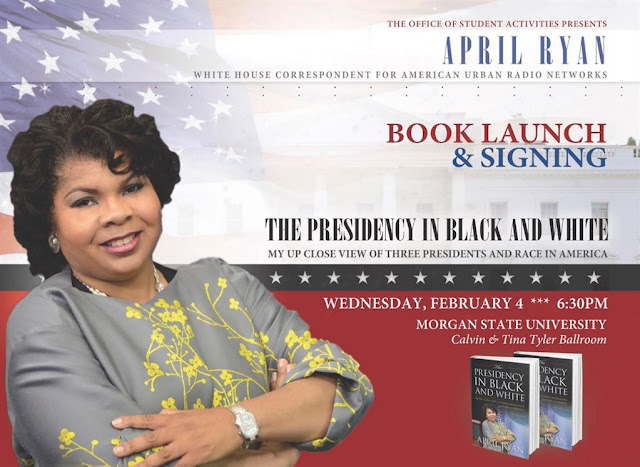


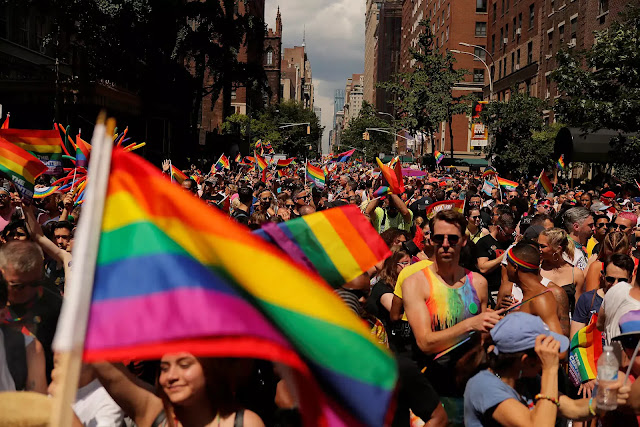
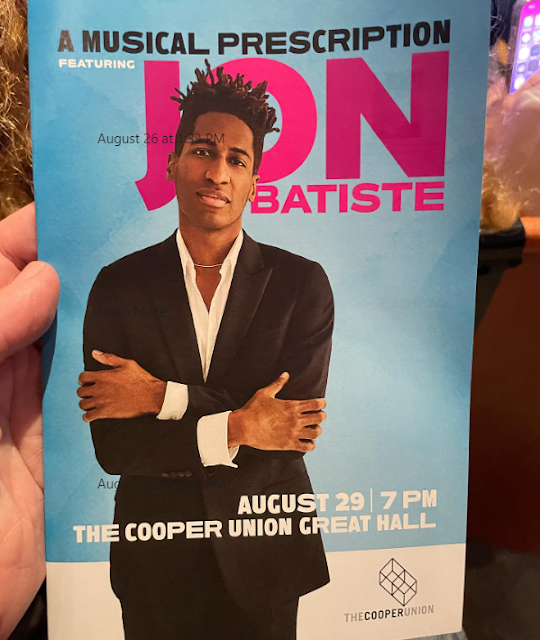


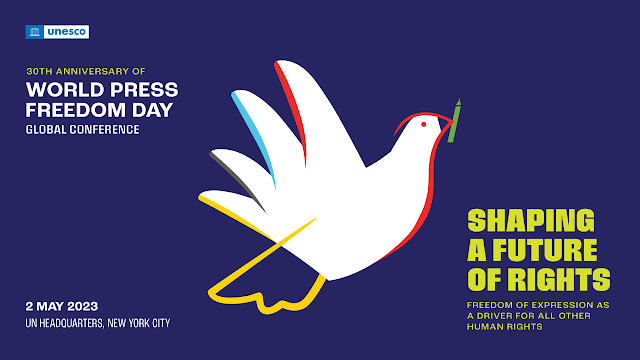
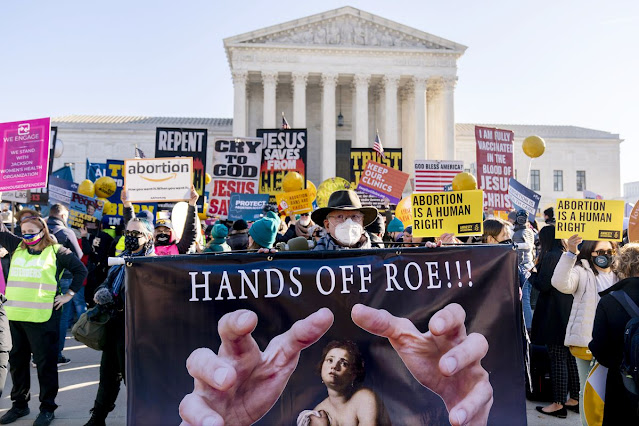


Comments
Post a Comment